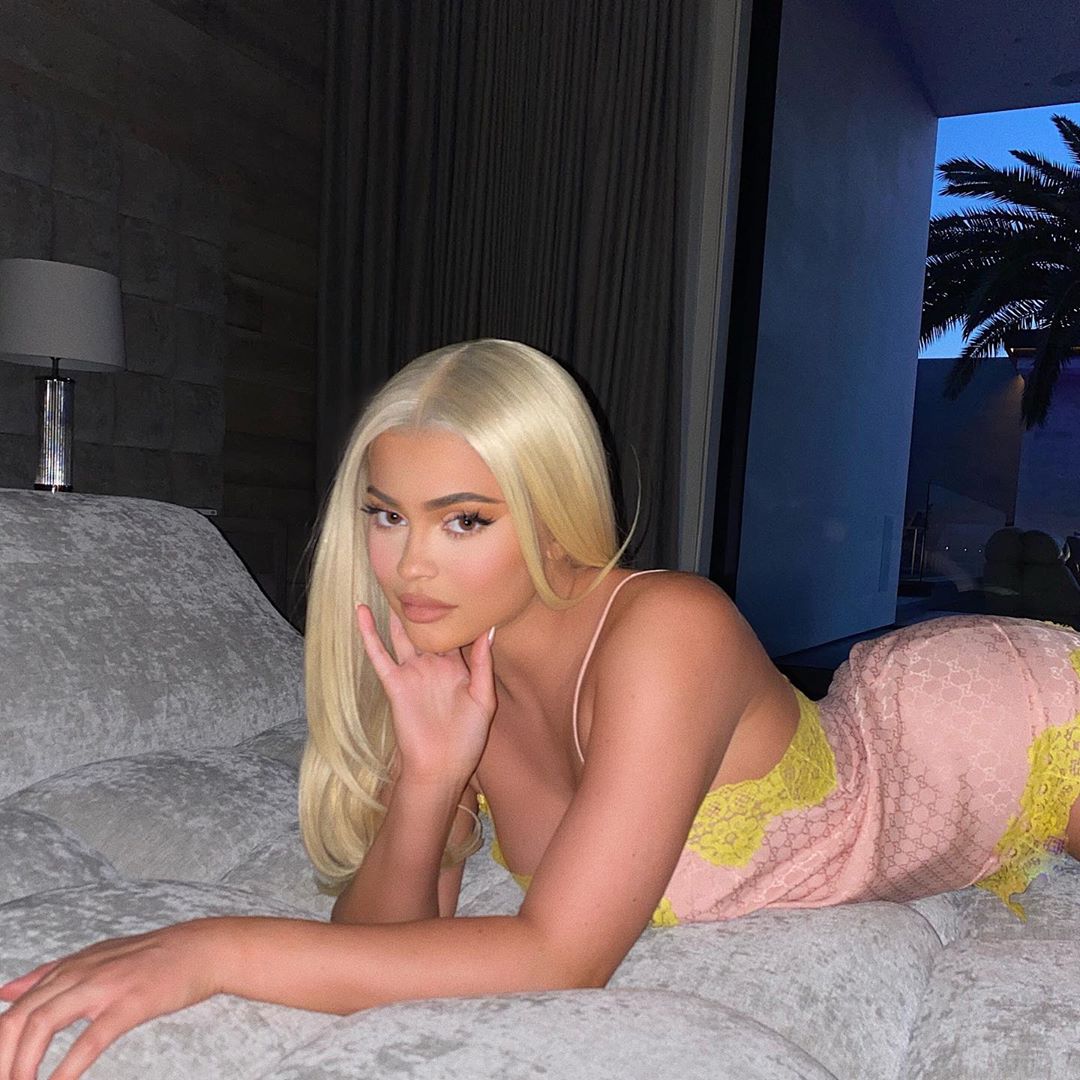
Cultural Appropriation (or Inspiration?) And Wigs
Image | Instagram
EDIT from founder:
Before we dive into this this is a side note from the founder of The Renatural.
"We have had a few comments that have made it clear some aspects of this post have been misconstrued. We do not dictate, determine or decide what one can and cannot wear throughout this blog post or any other blog post. We are further discussing a topic that has been researched by academic institutions such as Cambridge University, UCL and LSE and global media publications such as Vogue magazine, Allure and Grazia.
Highlighting the experiences and sharing the history of one demographic does not take away from the struggles experienced by another. The Renatural is for and has always been for, all people that wear wigs often. No matter your gender, race, religious affiliation or hair type, we want you to feel comfortable, confident and have the most seamless experience wearing wigs.
To properly construe our sentiment this and avoid further misinterpretations we have changed the title from cultural appropriation and wigs to Cultural Appropriation (or Inspiration?) And Wigs.

What is Cultural Appropriation?
Before we can get started, it's important to know what cultural appropriation (CA) is. The Cambridge Dictionary defines it as "the act of taking or using things from a culture that is not your own, especially without showing that you understand or respect this culture".
For example, Karlie Kloss wearing a Native American headdress for a VS fashion show is a form of cultural appropriation. Why you might ask? Because by reducing the headdress to nothing more than a fashion accessory, it's stripping it of all the things that make it sacred to the Indigenous people of North America. The headdresses are reserved for the most powerful members of the tribe and are earned over a long period of time with different tribes of Indigenous people having different customs when it comes to their headdresses. If it hasn't been earned, one shouldn't be worn so for a model to parade around in a recreation of one is considered highly disrespectful.

Image | CR Fashion Book
Why Is It Such A Big Deal? Aren't They Just Appreciating The Culture?
In short, no. There's a very fine line between cultural appropriation and cultural appreciation. Cultural appreciation involves educating oneself on topics like the history of the culture and its traditions as well as its significance to its people. Appropriation skips over all of that and erases all of these important factors to reduce certain parts of ethnic cultures into an 'aesthetic'.
Someone once described it like this: Imagine someone copying your homework word for word only for you to be given an F and for them to be given an A+. That's exactly what cultural appropriation is like.
So How Does This Apply To Wigs?
In a past blog post exploring some of the reasons why wigs might have become more popular in recent years, we mentioned that influencers and celebrities have played a large role in popularising the wearing of wigs for the sake of fashion.
While it can't be denied they have done just that! It's also important to note that there is a strong a rich cultural history of wig wearing prior to them that did not receive the same acceptance and understanding.
Wigs can be traced all the way back to 2700 B.C.E where Egyptians would construct wigs from human hair and even palm leaf fibres.
Since then, examples of wig-wearing can be found in the histories of all parts of the world. Reasons ranged from practicality to fashion and differed according to regions.
Wig wearing for black women in particular has roots in protective styling and/or the pressures of assimilation.
Many black women still wear wigs for those two aforementioned reasons and many now wear them because it's fun. Regardless of the 'why', it ultimately boils down to the phrase "because they can". Hair is a form of self-expression. Whether it's a form of political activism or a way to elevate your outfit, hair styling and wig-wearing are a way to show the world who you are; something that has been celebrated widely within black communities. It shouldn't need a lengthy explanation. But when it comes to communities outside of this, they often (wrongly) assume that a black woman wearing wigs, weaves and extensions means she wants to cover up her natural hair and it's constantly questioned.
Take Beyonce for instance, for years questions have circulated around her hair: is she bald? Is her hair real? Is she natural? Why does she hide her real hair? All she was doing was using her hair as another way to express herself and her creativity. However, her counterparts were not questioned on their hairstyles in the same manner. Keira Knightley for example has been wearing wigs for over a decade!
Similarly, Lil' Kim has always been a style maven even in her earlier years. Known for her bold looks consisting of brightly coloured wigs and outfits were a reflection of what was - and still is - popular within black communities. However, mainstream audiences often called her looks ghetto or tacky. Her iconic blue wig stamped with the tell-tale Chanel double C's wasn't to everyone's taste and neither was the blonde, Versace iteration.
View this post on Instagram
Will There Ever Be An End To Cultural Appropriation?
What we can do is educate ourselves on the topic and encourage others to do the same. Likewise, amplifying the voices of those who experience cultural appropriation and not celebrating those that perpetuate CA, is another step we can take it reducing and eventually, eradicating it.

What are your thoughts on cultural appropriation and wigs? Leave your thoughts in the comments! And don't forget, the Wig Fix now comes in skin-toned shades!


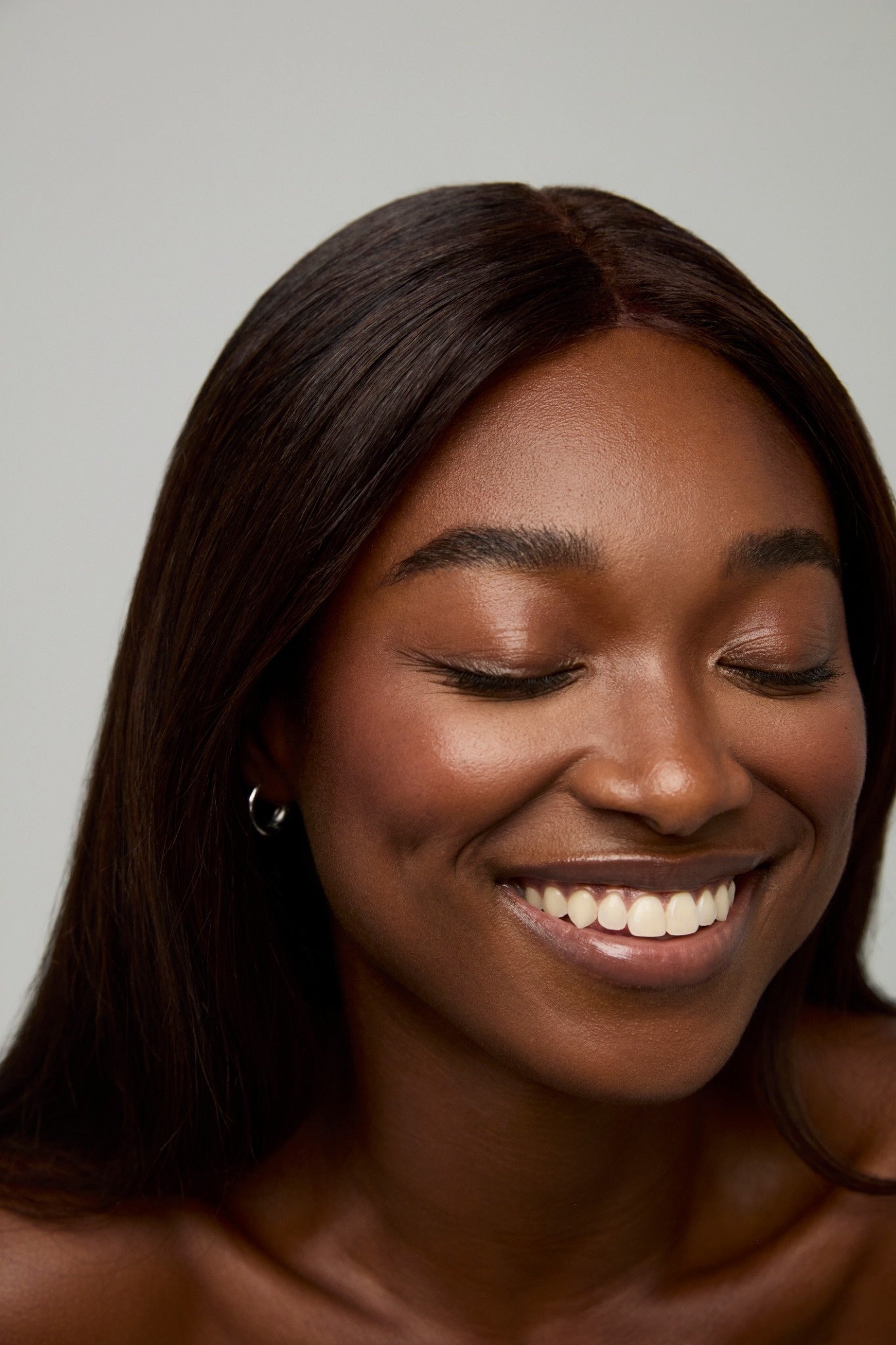
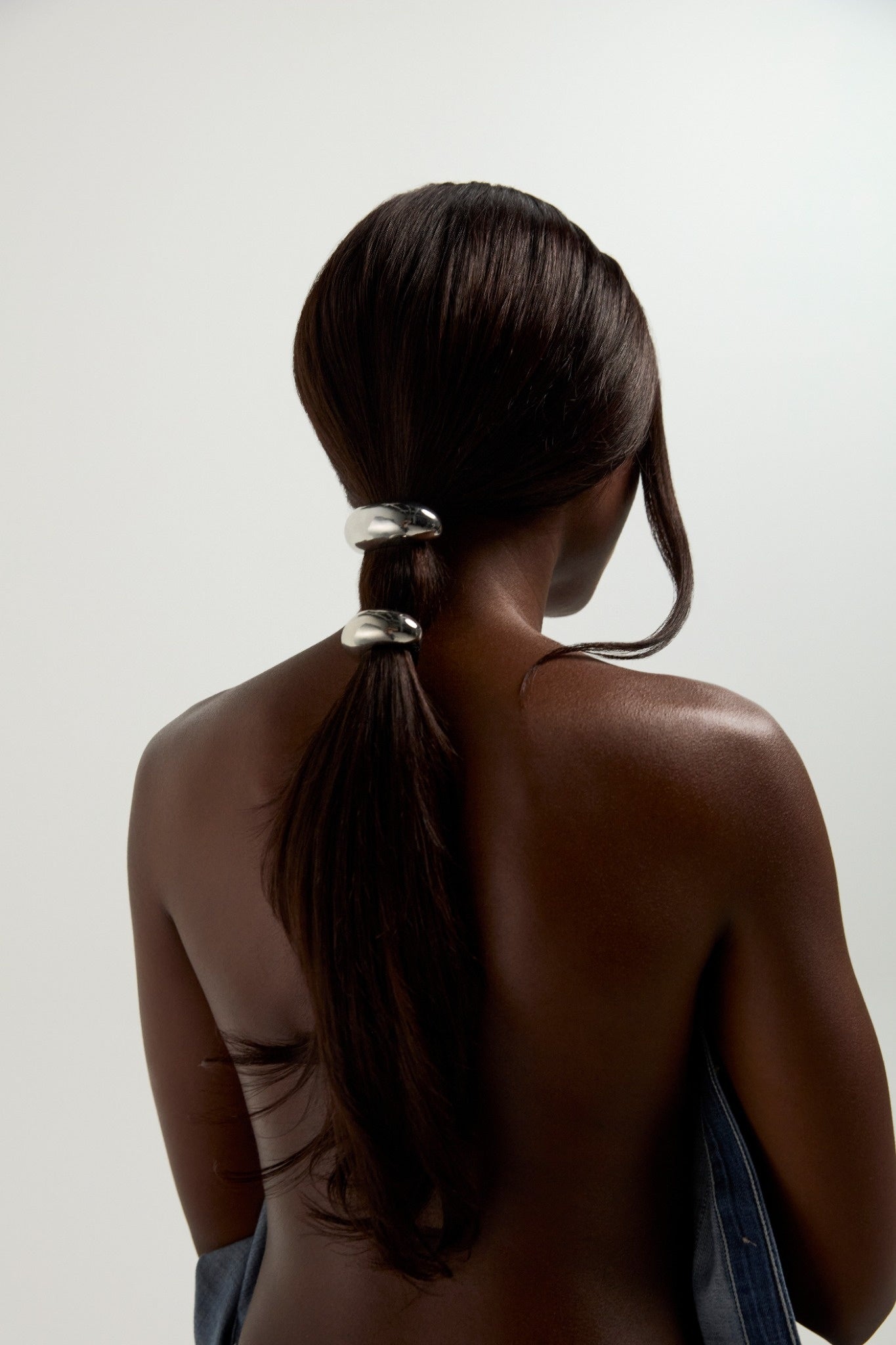
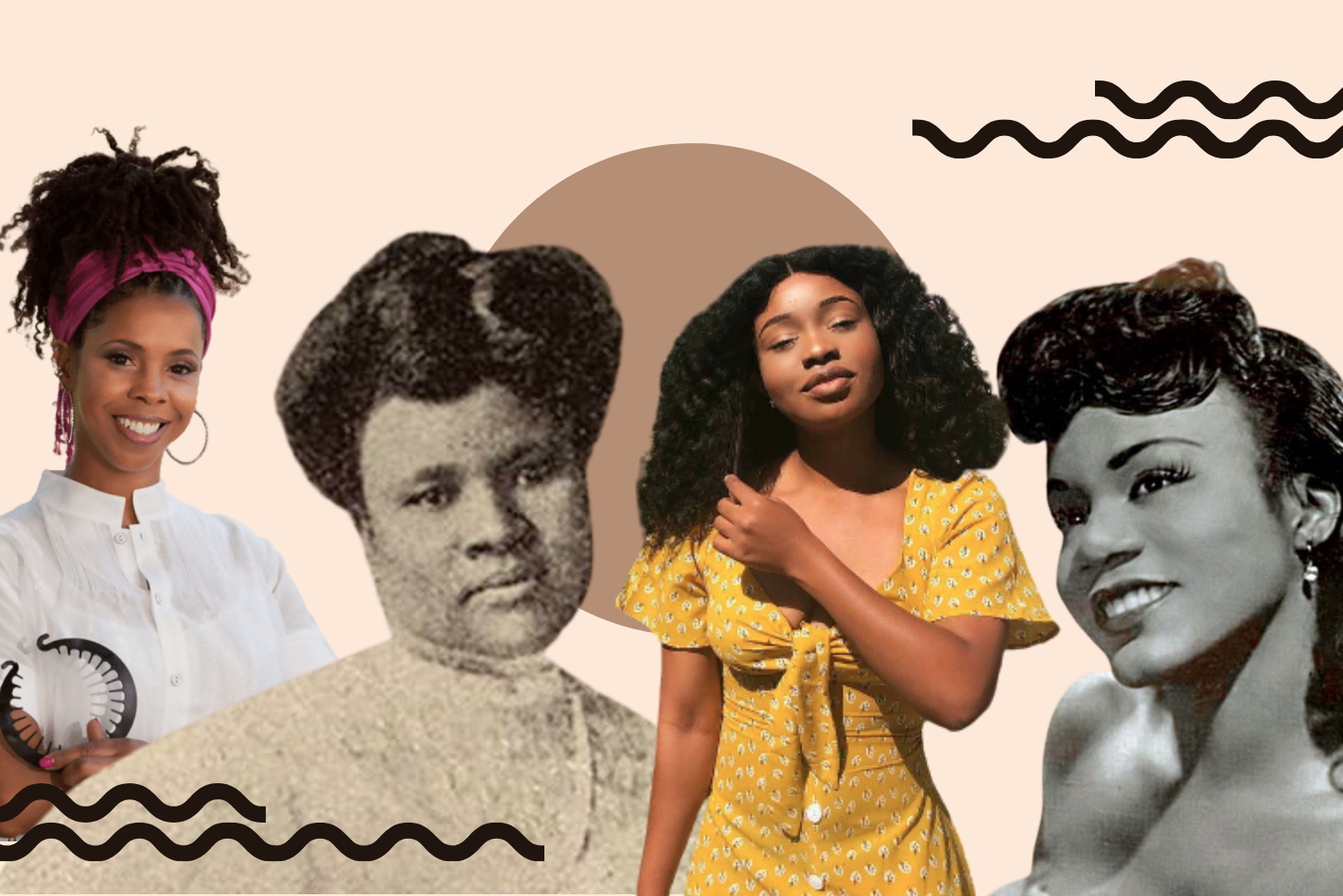
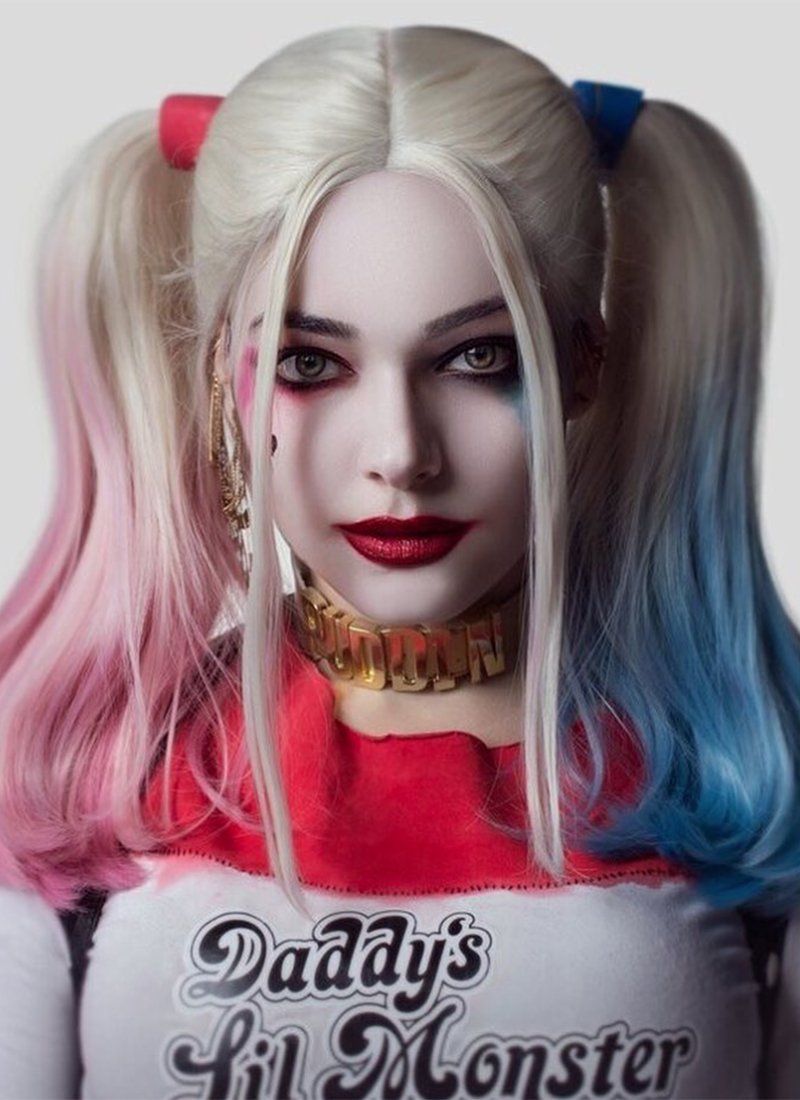
11 comments
Part 2———
Every ethnic group on the green earth has cultural hairstyles (because saying “racial hairstyle” is very narrow to acknowledging persons who practice cultures relative to their ethnicity). Ignorant people keep equating hair textures with hairstyles (on the topic of cultural appropriation). And that’s why it’s important to respect those who respect cultural hairstyles by acknowledging the history of cultural hairstyles. I would again highlight why black people in particular do not like non-black people wear cultural hairstyles is because of the negative history of African textured hair. When talking about black people hair texture it goes hand in hand with black hairstyles, as discriminating hair texture is to then discriminate hairstyles (which is not the case for European/ethnicities with silk textured hair).
And black hairstyles that were discriminated against 100’s of years ago are still being discriminated against today. Simple history of African textured hair and the continuation of negative notions from the past is why many black people feel they should have the freedom when it comes to hair styles on their head. Though black people possess the ability to appropriate hairstyles (from what I’ve seen misrepresenting/misunderstanding Asian hairstyles paired with Asian clothing).
When it comes to white privilege, beauty standard is one of the components. And for the ignorant people, white privilege stems from how European colonization and white supremacy have subtly made people with white skin gained social, political, economic (no matter tax bracket) advantages in life in the United States and globally. For example when you search for products reviews to use on hair, default result is white people (that’s when non-white people would have to put their race/ethnicity 1st in the search bar). And that’s why there are products specific to hair textures (many beauty supply stores in the U.S are catered to black people based on history of hair for black people).
Now going in to texturism (a by-product/a topic within a topic of hair discrimination). Texture is obviously variations of curls based on tight-ness of curls. Majority of continental Africa/descendants of African slaves in Western Hemisphere, have the tightest of tightest textures, kinky hair. In general hair discrimination for all textured hair exists BUT the further away from kinky-coily texture the less negativity will be experienced. And loose curls are a thing that’s kind of fetishized but are still discriminated against especially in Latin American countries (based on personal experiences of Latin Americans and social evidence)People need to stop searching “why appropriation this”/“why black people can but white people cant” and start search “history of black people hair”/“history(of a particular race/ethnic group) and how to appreciate (a specific part of their culture you are fascinated by)”. ‘Cause if you made time to search up why you can’t do this or that, you must have the time to be truly educated.
Faith
Part 1———
Commenters who are claiming to be white and voicing personal experiences (to me) are still lacking understanding in some areas.
Weaves is a general term for hair (whether human hair/synthetic and different textures) that can be different like clip ins, wefted weaves, wigs.Europeans are not the only group of humans to have silky textures of hair. People on the internet claiming that weaves are cultural appropriation is pure racism. Like how small minded to think of only Europeans to have silk textured hair and the weave industry 9/10 times working with non-white people to harvest hair for weave.
Not a phenomenon for any racial/ethnic person to wear weaves according to their literal hair texture; main reasons are probably to add volume length to their own hair texture or want to experiment without jeopardizing hair on literal scalp.
What occurs as problematic to this whole wig or weave debacle is that black people are wearing hair textures that they were not born with. And to not have an inkling as to why things are current (because of history) is to stay ignorant and exhibit racism because of not caring about the relevance of/contextualizing history.
I’m not going into much detail for the sake of this comment length but…How European colonization & post European colonization have shaped the world into racial biases/stereotype is mainly the reason why it’s natural for black people to wear weaves and conform the textures of their hair on their scalp. Today there is still hair discrimination on continental Africa/Caribbean/some countries that have black diaspora. And that discrimination is still rooted in how European colonization have spread certain notions of African textured hair.
No one blinks/critics non-black people for wearing weaves as no one can tell that they are wearing any form of weave on their head. So for the white people and non-black who are saying they don’t want to be deemed as “trying to act/be like a black girl” is fake reaction and absolutely obtuse to acknowledging the issue/topic at hand. Black people hair choices are scrutinized; as if confirming to European beauty standards is not enough.
Faith
Sorry but where is the logic ??? Aren’t black people culturally appropriating white people , by wearing wigs that are made out of Caucasian hair? I mean nowadays black ppl have a choice , they can choose if they want to wear a wig or not ? Someone please explain I genuinely don’t understand the logic here ?
Ticiani
I just purchase some gently used wigs for cos play, from a teenager. I would like to know more about de-tanglingz. They are clean and gently worn.
Kate
I’m a white woman. I feel weird about wearing wigs and I think it’s rooted in a genuine concern for cultural appropriation but also rooted in subconscious racism against Blackness. Although I have a desire to wear wigs for the purpose of mixing up my look, I worry about my Black girlfriends side-eyeing me and my White girlfriends side eyeing me for different reasons. An example of this feeling: in college, my Black girlfriend begged me to let her straighten my hair for an event (I didnt try back then so my look was messy) and she told me to wear a silk wrap during the day to keep it from getting ruined. I did not do that and when she found out she got mad at me because all her hard work was at risk of being ruined (sidenote: kinda annoyed I didnt even want my hair straightened!). I was not honest about why I didn’t wear a wrap because I was embarrassed to tell her the reason. The reason was that I didn’t want to be associated as a White girl trying to act “Black.” I told myself it was because of appropriation (which was true to an extent), but I didn’t actually believe it was a big deal to wear a wrap I just felt that it was disrespectful because a history of racism towards Black women doing anything. However, the not wanting to be the White girl who was trying to be “Black” feels like something a racist would feel… maybe a well-intentioned racist but def some subconscious racism. White women used to commonly wear wigs and hairpieces probably till the mid 60s (not 100 on this, but i know for sure that did wear them a lot). At some point that became uncommon among white woman and today there is cultural significance of wigs among Black women. i don’t know about other races, but among white people there is a need to prove how you have goddess level beauty while also maintaining you are 100% natural (if someone knew you wore a wig it would be embarrassing and feel fraudulent). Valuing specific beauty standards and natural beauty to both extremes does not go hand in hand. We should normalize intentional beauty (term i made up meaning beauty efforts that rely on external tools… like makeup). We have to be careful because it can get classist, but intentional beauty rooted in self-love is an expression of creativity. Intentional beauty is usually associated with self-loathing and insecurity ("omg she wears too much makeup cause she is insecure!) and sometimes this is the case, but its not always the case. Sometimes valuing natural beauty to an extreme causes unrealistic expectations and self-loathing. The empowering aspect of intentional beauty is that anyone can be beautiful if they put in the effort. When I saw little girls on toddlers and tiaras (not suggesting pageantry like that either necessarily) who were confident because they knew everyone had the option of being beautiful if they just put in the effort… transformed my perspective. If white women wearing wigs normalized it to the point that basic white hetero men knew about its prevalence, Id probably be frustrated too as a Black woman. But, I think that frustration to the point of stigmatizing white women who wear wigs is rooted in something much deeper that is left out of convos. Stigmas against white women wearing a wig out in the name of cultural appropriation wont fix it. If we are feeling weird about white women doing something that a lot of Black women do (that isn’t tied to something as culturally significant as a Native American headdress) then the issue of racism towards Black people (Black women in particular) is deeper, and we are struggling to articulate it. My attempt to explain it is this: we aren’t looking up to Black people enough and we aren’t looking to Black women enough as beauty inspirations. That may sound contradictory because we are saying Black women will be the ones to normalize wigs, but the reason we know it is not contradictory is because of that icky feeling we get when a white woman wears a wig. That feeling is telling us that while a white woman may get beauty inspiration from Black women, we still aren’t celebrating Black women as beautiful. Not beautiful Black woman or beautiful for a Black woman…but simply just beautiful. Beautiful Black women is not a subgenre of beauty, but beauty in itself. White women wearing wigs shouldn’t be that big of a deal, but they are, and instead of trying to figure out if anyone is allowed to care we should ask ourselves WHY do people care.
Cat
Hi,
I am caucasian and have struggled with Trichotillomania all my life but never the hair on my head, just my eyelashes off and on up until about 5 years ago when I saw my first gray hair. I have always been a blonde, so I never noticed or even thought about it. However, seeing that gray hair made me think about aging and that I wasn’t ready yet for that bc I was not where I wanted to be at that point in my life and it really hit me hard….so hard that I stopped the eyelashes but became horrible to my head. Now instead of just aging gracefully, I have made myself embarrassed to go anywhere and hating myself. I am recently single after 15 years of marriage as well as recently had a baby at 39 and now I’m 40. I’m miserable and I just want to let it grow and not struggle daily with what to do with how my hair is right now. Over the course of this time, u have purchased several different wigs and some very expensive but I never feel comfortable in them or that they look natural. I have always admired how lovely and natural black women wear them….so much so that I don’t even know when they are and didn’t know about it until recently when I entered a wig shop. I always thought hair was hair and wigs were wigs and that any wig shop would be just fine. Well, I want to wear one or hair to cover my head but I want it done like the natural, beautiful, undetectable ways that black women wear them. I am so clueless to the whole wig thing in General and am learning as I go but I do know that black women wear wigs fabulously and wiykd like mine to be like that and not stupid looking on my head. Is there any reason why I cannot or wrong? I truly do not know or understand but I’ve seen where “for black women” or “for white women” are included in a title or description so it made me wonder why? I do not mean to offend anyone by any of what I am saying truly. I really just want to look and feel normal and I don’t like the options I’ve been given so far. I say a you tube video today of a beautiful black young lady showing how she did this new wig she bought and I was amazed. It made me excited that maybe I could do that too and it feel ridiculous. I mean I really am impressed with the process that is done and how natural and beautiful it looks. So, now I’m trying to figure out if it is possible for me to do that too. Can I do it with blonde hair? I am asking because I really do not know anything but I am desperate to look good when I go anywhere and from what I can tell is the only way a wig should be worn without looking like I’ve got a big helmet on. Please help! Thank you greatly un advance for any information or help. I have a great appreciation for the work black women put into their hair whether it be a wig or not….I couldn’t tell anyways it is that good. I have never questioned it myself and I am not one to judge when I barely have any hair myself by my own doing.
Rebecca
Hey everyone! I’m Hannah, I’m currently in high school and I’ve really been wanting to get a wig for awhile. I’m just bored with my hair and I see all these gorgeous wigs and think it would be so nice to try it. However I am white and teenagers are very judgmental. I also am not trying to offend any woman of colour either. What should I do? Can I wear a wig?
Hannah
Can Non-black POC wear a curly wig? I normally go for wavy wigs with bangs but this one is more curly. I don’t want to step on anyone’s toes on accident.
If it helps, I am 100% Mexican and my hair is naturally curly- my curls are bigger. The curls on this wig are a little tighter.
Thank you! Peace and love
Shy
I am a black woman that wear wigs. I have hair. I just get tired of the same hair style and want to change up sometimes. Getting a weave or having hair extensions put in can be very expensive. Buying a wig is cheaper. If you get tired of it, you can just get a new one. White women wear wigs and hair extensions to. Even white female celebrities wear them. They just don’t get put on blast for it. When a white woman wears fake hair, nobody questions it or demands an explanation. They just say it looks nice and talk about how beautiful they are. The only question they might ask is what hair salon she goes to. They can treat black women the same way. They don’t need to ask us wether or not our hair is fake or real. People can just tell us our hair looks good and how beautiful we are. As black women we get tired of having to explain everything we do. We shouldn’t have to. We don’t owe nobody any explanations. Society need to start asking white women to explain themselves. Why do they wear wigs and hair extensions. Why do the lay out in the sun and go to tanning booths. Why do they get lip injections to make their lips fuller. Why do they get but implants to make their butts big. The lists can go on. Enough said
Jeanette Reese
Interesting…I always thought wigs were a 70s fashion statement or a product worn by 1)Actors/entertainers who were creating a ‘persona’ as part of their image for performance or publicity reasons, 2) Women who were undergoing chemotherapy, 3)Men and women who felt the need to avoid age stereotypes and 4) Conservative Jewish women intending to meet religious commitments without wearing a headscarf.
Never realized skin color even entered the picture. If wigs are fashionable for any other reason, like if they’re fun, by all means, wear one…or 3.
sus
I’m a little confused- do you think its appropriate for white people to wear wigs? Is the explanation about their historical uses to educate the reader and so now they CAN wear wigs because they’re informed? Also I think it would really add to the article if you address the popular misconception that Egyptians were white so its clearer that wigs have always been abt black expression
Eli
Leave a comment
This site is protected by hCaptcha and the hCaptcha Privacy Policy and Terms of Service apply.